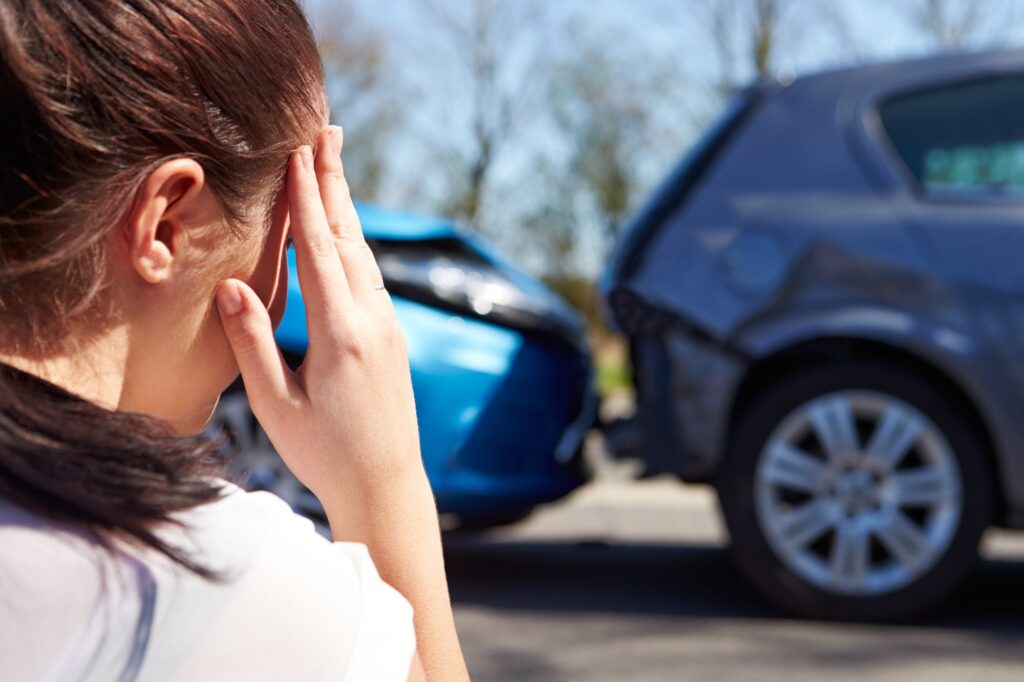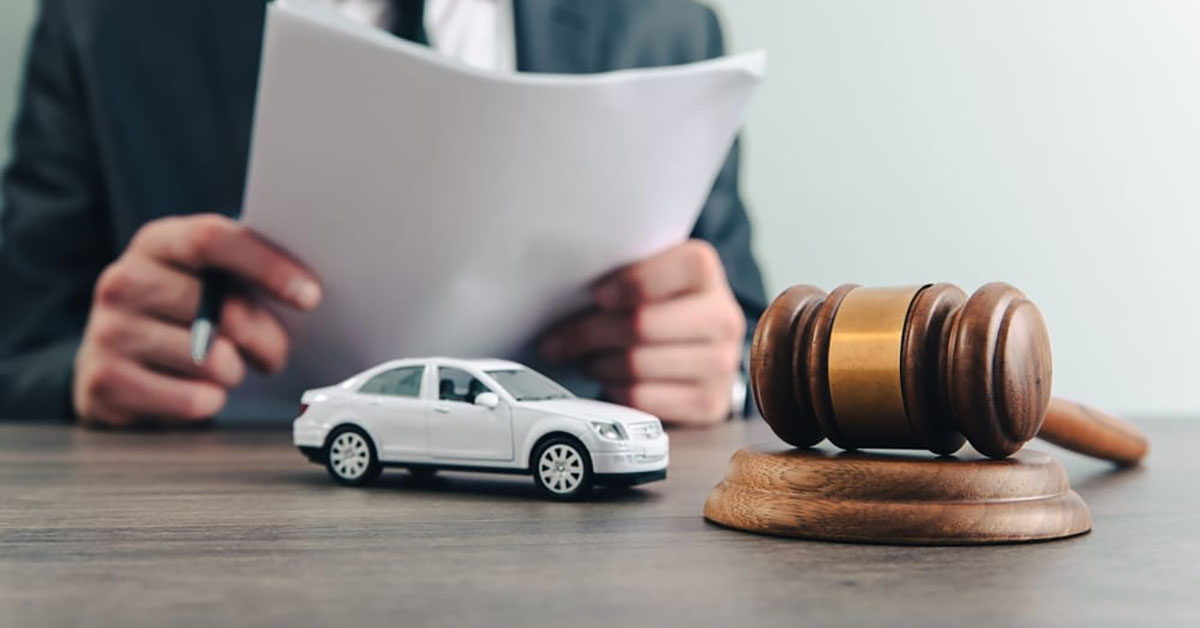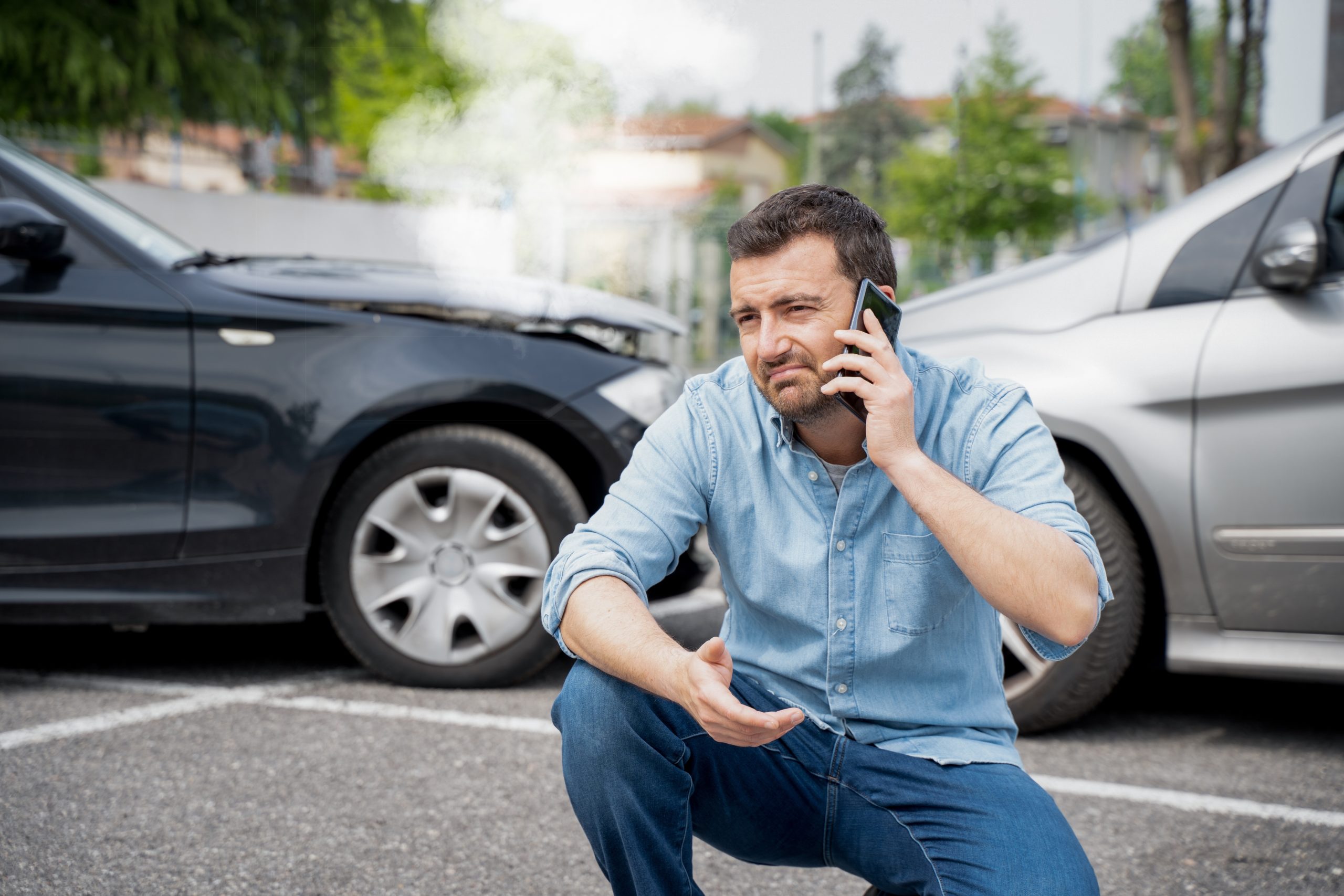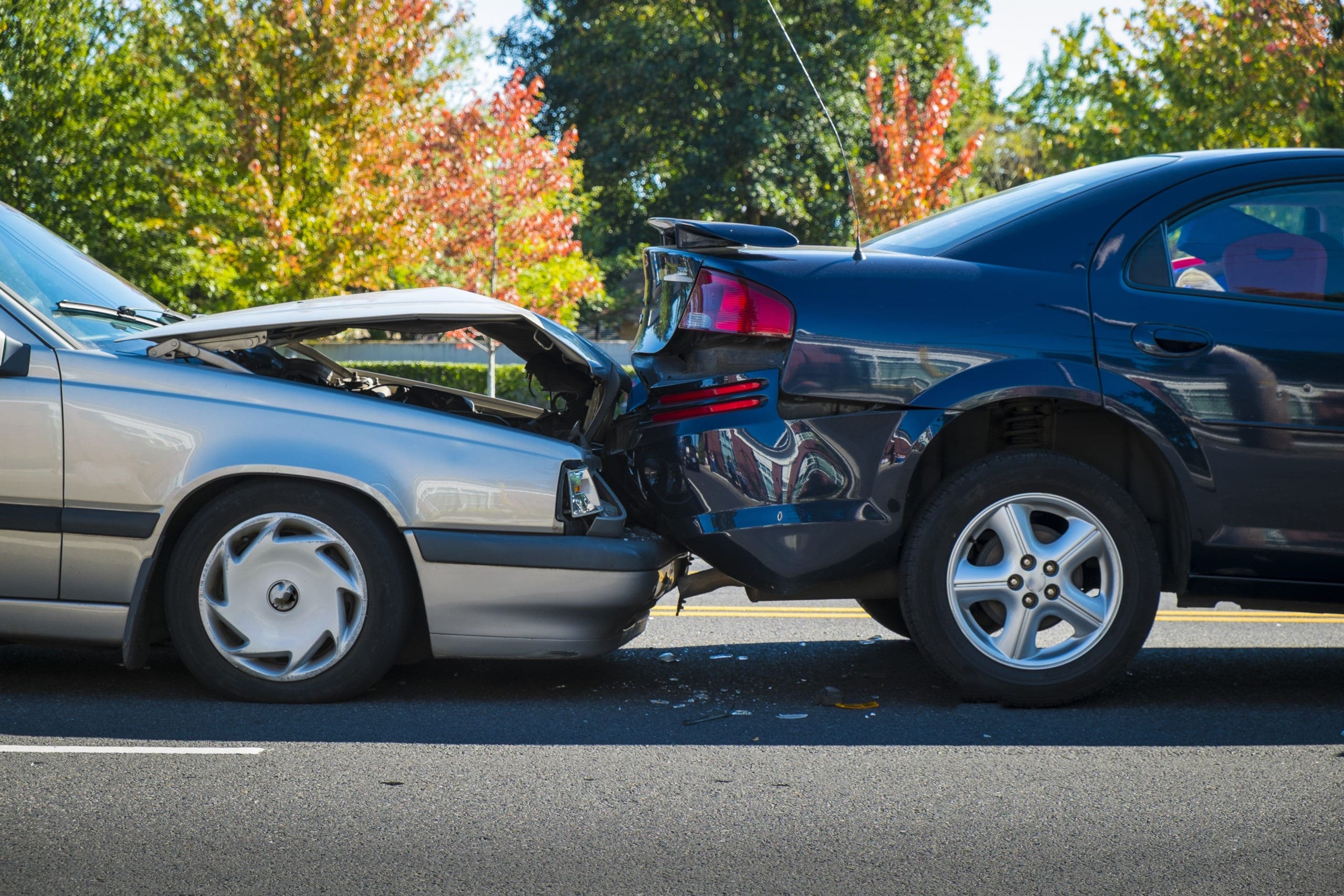What Happens After A Car Accident?
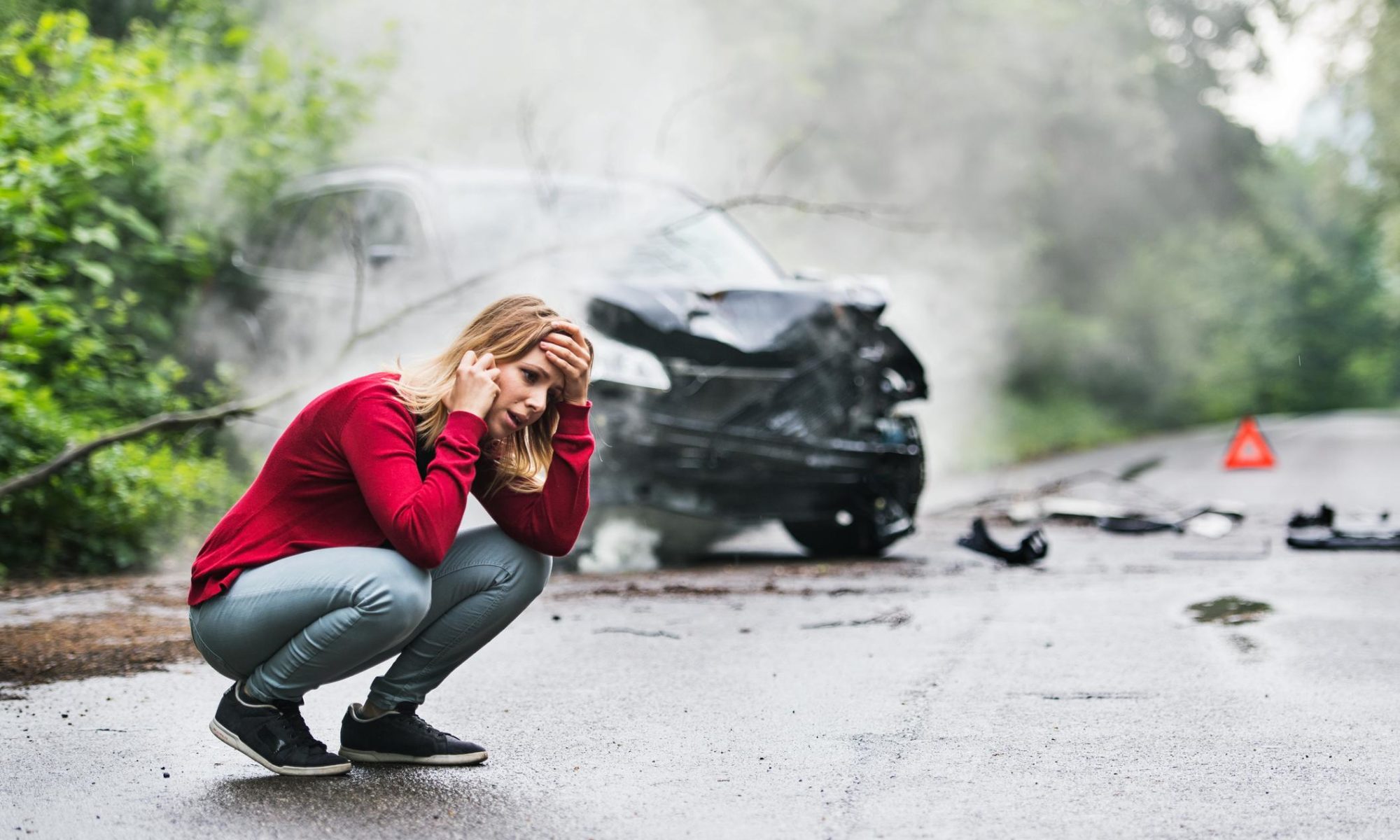
So, you just got into a car accident and you’re still confused about what’s going to happen next. It’s essential to understand your rights and responsibilities in order to navigate through the legal process effectively. From determining fault, dealing with insurance companies, and seeking compensation for damages, we will help you make well-informed decisions.
Here are the things you need to remember:
Determining Fault in a Motor Vehicle Accident
According to amendtlaw.com, determining fault in a vehicle accident can be a complex process. It involves examining the evidence, interviewing witnesses, and analyzing the circumstances surrounding the accident.
The goal is to establish who was negligent or at fault for the collision. To determine fault, insurance companies and legal professionals look at several factors. They consider things like reckless driving behaviors, traffic laws, witness statements, police reports, and any available video footage. They also take into account the physical evidence, such as skid marks, damage to the vehicles, and the location of the impact.
Keep in mind that fault is not always clear-cut. In some cases, multiple parties may share responsibility for the accident. This is known as comparative negligence. Each party’s degree of fault will be assessed, and their liability for damages will be determined accordingly.
It’s important to note that assigning fault is not always a straightforward process. It requires a thorough investigation and a careful examination of all the relevant evidence.
Understanding Liability in Car Accidents
Liability in car accidents is determined by considering various factors such as negligence, recklessness, and violations of traffic laws.
When determining liability, it is important to establish who breached their duty of care towards others on the road. In most cases, the driver who failed to exercise reasonable care and caused the accident will be held liable. However, liability can also extend to other parties such as vehicle owners, employers, or even government entities responsible for road maintenance.
For example, if a vehicle owner negligently entrusted their car to an inexperienced driver who then causes an accident, the owner may also be held liable.
Evidence plays a crucial role in establishing liability. This can include photographs of the accident scene, witness statements, police reports, and any available video footage. It is important to gather and preserve this evidence as soon as possible after the accident, as it can be essential in determining who is at fault.
It is also important to understand that liability can be shared among multiple parties. This is known as comparative negligence. In some cases, both drivers may have contributed to the accident, and their degree of fault will be taken into account when determining liability.
Understanding liability in car accidents is essential when pursuing a legal claim for compensation. By carefully evaluating the evidence and considering the actions of all parties involved, you can determine who is at fault and seek the appropriate legal recourse.
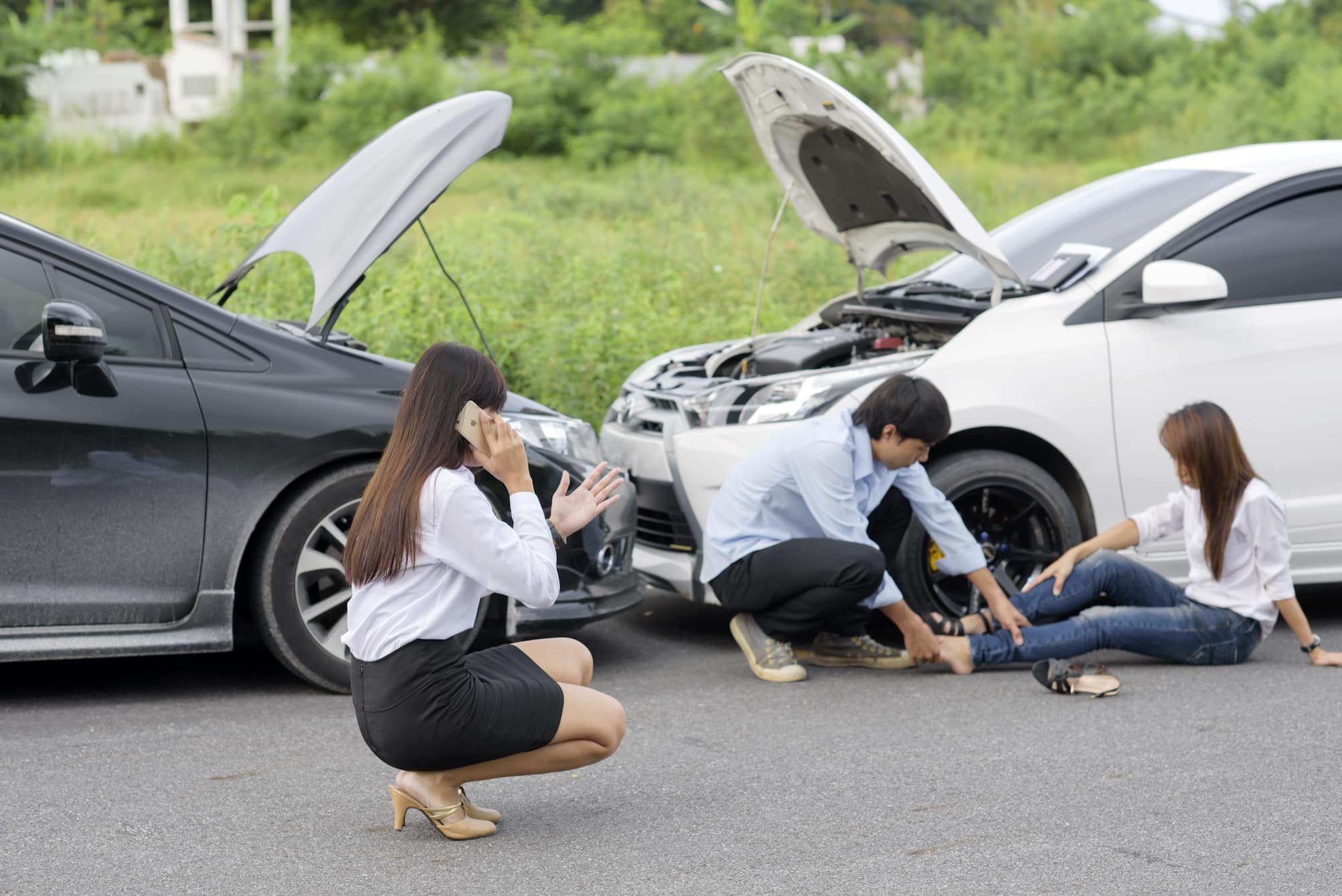
Dealing with Insurance Companies After an Accident
After a motor vehicle accident, one of the first steps you need to take is reporting the incident to your insurance company. Contact them as soon as possible to provide all the necessary details about the accident. They will guide you through the next steps, such as filing a claim and getting an estimate for the repairs.
When dealing with insurance companies, it’s important to remember that they are focused on minimizing their costs. They may try to offer you a quick settlement, but be cautious before accepting. Take the time to fully assess the damages and consider any potential long-term effects from the accident. Don’t be afraid to negotiate for a fair settlement that covers all your expenses, including medical bills, property damage, and lost wages.
During the claims process, keep all documentation related to the accident, such as police reports, medical bills, and repair estimates. This will help support your case and ensure that you receive the compensation you deserve. Be proactive in communicating with your insurance company and keep a record of all conversations, including the names of the representatives you speak with.
Remember that you have the right to consult with legal professionals who specialize in motor vehicle accidents. They can provide valuable advice and advocate on your behalf if the insurance company is not cooperating or offering a fair settlement.
Seeking Compensation for Damages
Don’t let the insurance company’s attempts to minimize costs deter you from seeking the compensation you deserve for the damages you’ve experienced. After a car accident, it’s important to understand that you have the right to seek compensation for any damages you have sustained. Whether it’s medical expenses, property damage, or lost wages, you shouldn’t have to bear the financial burden alone.
To seek compensation for damages, there are several steps you can take. First, gather all necessary documentation related to the accident, including medical records, repair estimates, and any receipts for expenses incurred. This evidence will support your claim and show the extent of the damages you have suffered.
Next, it’s crucial to consult with an experienced personal injury attorney who can guide you through the legal process and advocate for your rights. They will negotiate with the insurance company on your behalf and ensure that you receive fair compensation for your losses.
Remember, seeking compensation for damages is your right, and you shouldn’t let the insurance company’s tactics discourage you.
Last reminders…
So, if you’ve been involved in a car accident, it’s crucial to understand the legal aspects involved. Determining fault and liability can be complex, but it’s essential for seeking compensation for damages. By being informed and taking the necessary steps, you can protect your rights and potentially receive the compensation you deserve.

